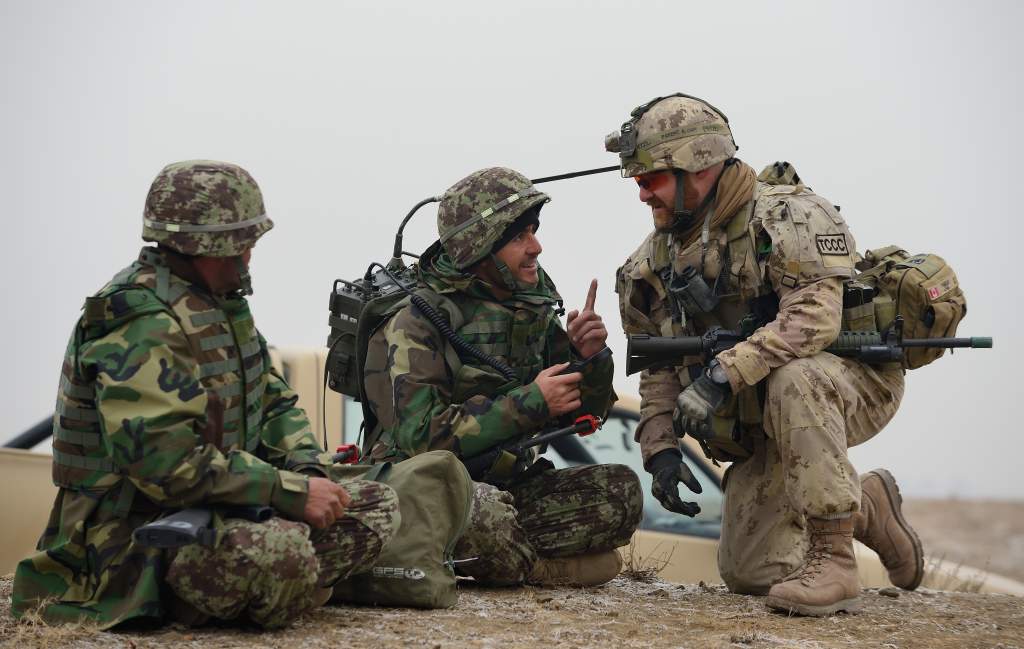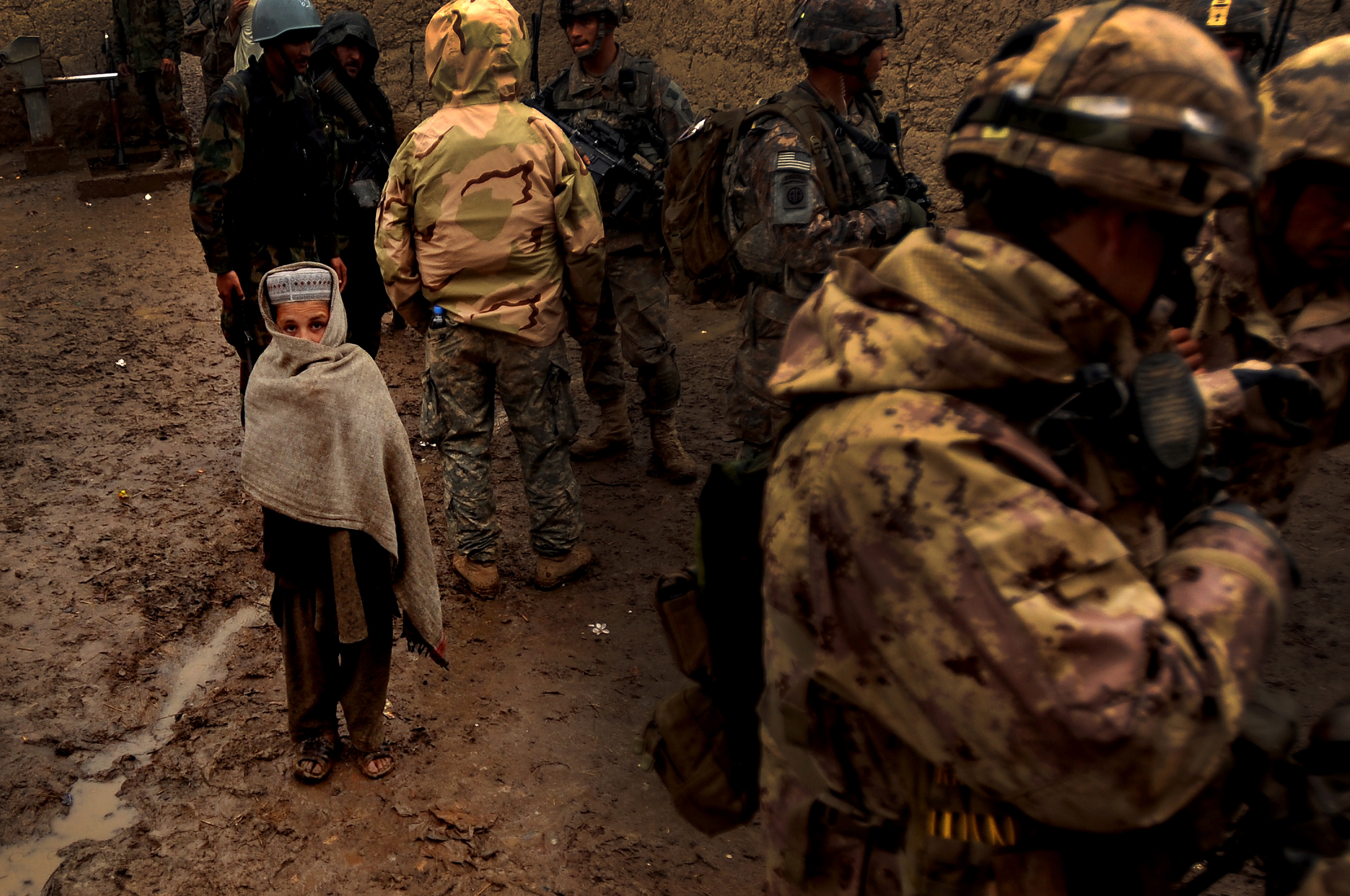In recent years and ongoing conflicts, Canada has sent military advisors into Afghanistan, and now into Iraq, with the belief that this practice of using advisors to train other nations’ militaries reduces the need to send combat troops overseas due to their efforts to improve the capabilities of foreign armies. During the height of the training and advising mission within Afghanistan, NATO indicates that over 12,905 military personnel from over 40 countries were utilized in these training efforts.
Yet, with a rather alarming frequency in recent years, thousands of trained security forces in the Middle East have collapsed or defected, calling into question the effectiveness of the billions of dollars spent by Western states on foreign military training missions. This failure of providing a Western coalition able to successfully train and advise local forces was made apparent in June 2014 when the Iraqi Army demonstrated their incapability to fight ISIS when they seized Mosul. This occurred despite the United States spending eight years and US $25 billion in training, arming, and equipping such forces.
In fact, Iraqi officials state that two divisions of Iraqi soldiers, roughly 30,000 men, shed their uniforms, dropped their weapons and simply turned and ran for their lives in the face of the assault by an insurgent force of just 800 fighters. Additionally, in May 2015, 7,000 Western trained and equipped Afghan security troops failed to defend the northern city of Kunduz against a much smaller Taliban force.
Billions of dollars spent by the Canadian government in training Afghan soldiers during the War on Terror has left a less than fully functional Afghan army.
These two setbacks are the latest indication of the Western trained foreign security forces’ continuing inability to fight effectively on their own. It also undermines the West’s claim to have established unified and competent militaries after more than a decade of training and with that, is indicative of what may come in the Canadian training and advising mission to be conducted with the Iraqi forces in preparation for battle against ISIS.
Despite the success of Operation Impact in containing the rise of ISIS’ power, the operation has shifted away from direct military intervention, by means of airstrikes, and is now focused on utilizing the Canadian Armed Forces as military advisors. This strategy, argues Prime Minister Trudeau, addresses the fact that while airstrike operations can be very useful to achieve short-term military and territorial gains, they do not on their own achieve long-term stability for local communities. He asserts that Canadians have learned this lesson first-hand during a very difficult decade in Afghanistan.
However, it is hard to fathom how such lessons have in fact been considered. Billions of dollars spent by the Canadian government in training Afghan soldiers during the War on Terror has left a less than fully functional Afghan army. It appears that we may repeat such a failure in Iraq. Regardless of the facts presented, the Canadian government in the coming months will deploy more Canadian Armed Forces members to Iraq in order to advise and assist the Iraqi Security Forces from behind friendly lines to develop their military skills as part of Operation Impact. The Prime Minister believes this action will enable the Iraqi Security Forces to take the fight to ISIS, hoping it will degrade their power and remove them as a threat to Iraq, Syria, and the region.

Photo courtesy of Sean Kilpatrick, The Canadian Press.
There are times when support from the rear is enough. However, as Cordesman states, “several thousand years of military history is a warning that there are no times when leading from the rear is adequate in actual combat.” Simply calling for more Canadian military forces as advisors will prove to be ineffective in the fight against ISIS because they will not have the authorization to assist the local Iraqi Security Forces from the field. No military advisory effort is likely to succeed where it merely seeks to produce combat-effective soldiers from behind friendly lines that have no real combat experience, an evident lack of leadership, and an incoherent security force framework.
The Afghanistan war and the earlier war in Iraq have all shown that new local security forces tend to be no stronger than their weakest link. Therefore, providing formal training, equipment, facilities, and organization is no substitute for putting advisors in the field, working directly with host country forces in combat, and providing Canadian soldiers that can support new and inexperienced forces when they are confronted by the enemy.
Photo courtesy of MCpl Marc-Andre Gaudreault, Canadian Forces Combat Camera.
Disclaimer: Any views or opinions expressed in articles are solely those of the authors and do not necessarily represent the views of the NATO Association of Canada.




